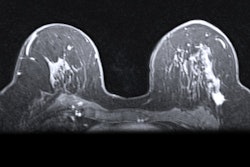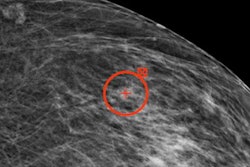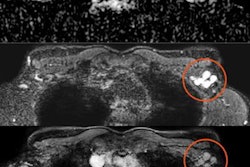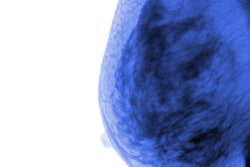
What personal qualities and attributes do you need to achieve success in breast imaging? How should you approach artificial intelligence (AI)? How can you conduct better research projects? And what can be said about the future?
Committee members of the Young Club of the European Society of Breast Imaging (EUSOBI) put these questions to 11 senior officials and members of the organization. The experts were asked to give their answers in the form of three top tips.
Prof. Fiona Gilbert, EUSOBI president and head of radiology at the University of Cambridge, U.K.
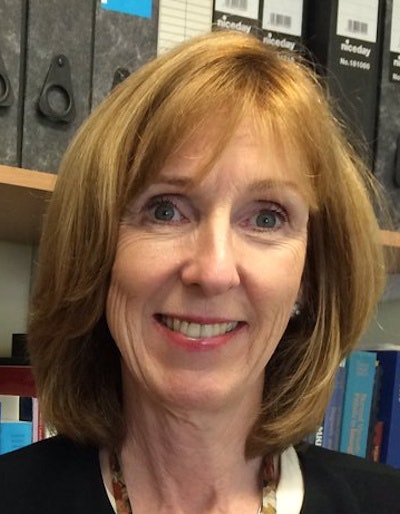 Prof. Fiona Gilbert.
Prof. Fiona Gilbert.- Before embarking on an AI project make sure you understand how a reliable AI tool is created and tested.
- Ensure that you follow the TVT acronym (train, validate, test) and that the test is undertaken on a new unseen dataset ideally from a different source or time point.
- Think about whether or not an AI tool will make a clinical impact before deciding to work with that particular tool.
Dr. Pascal Baltzer, secretary general, EUSOBI, and editor in chief, European Journal of Radiology
- Carefully assess clinical needs: Don't do pure academic research that does not have a clinical application. It's difficult to publish and likely won't last.
- Carefully assess your resources: Don't start e.g., the network access control (NAC) monitoring project when you don't have the patients and can't build a relationship with referring physicians
- Prepare before getting started (two tips in one!): Assess the literature of your topic beforehand and team up with others. The worst thing to do is fight alone without preparation.
Dr. Nisha Sharma, consultant breast radiologist and director and clinical lead for breast imaging, Leeds Teaching Hospitals NHS Trust, U.K.
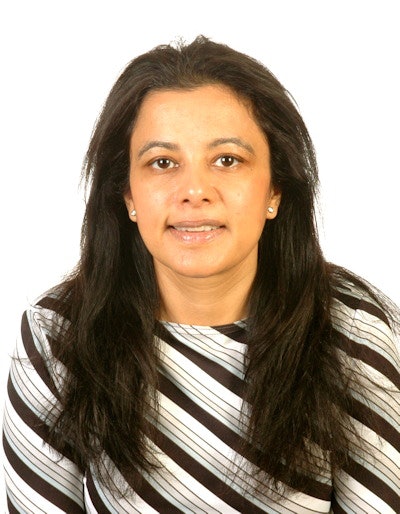 Dr. Nisha Sharma.
Dr. Nisha Sharma.- Embrace innovation and ensure that you play an active role in how this will be implemented within your service
- Audit of individual and team performance is really important to identify educational needs and training within your unit.
- Where possible always try to do a combination of screening and symptomatic work as this will enhance your interpretative skills when reporting mammograms
Dr. Lucía Graña-López, PhD, radiologist, Galicia Healthcare Service, Lugo, Spain
- Do not forget that we are doctors. Try to be always updated and actively participate in multidisciplinary committees.
- Image-guided percutaneous treatment of breast cancer is the near future; therefore, we must be ready to do it and to introduce it in our breast units.
- Try to prove the clinical utility of imaging biomarkers with your research projects. Work closely with the nuclear medicine physicians if you have the opportunity.
Dr. Ruud Pijnappel, PhD, breast radiologist at the University Medical Centre Utrecht and the Dutch Expert Centre for Screening (LRCB) in Nijmegen, the Netherlands
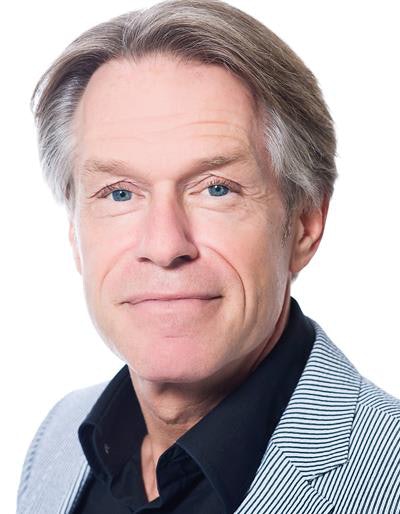 Dr. Ruud Pijnappel, PhD.
Dr. Ruud Pijnappel, PhD.- Breast screening requires a different mindset in comparison to clinical breast radiology: Only recall cases that are really suspicious.
- Develop your skills on breast screening (limited information one modality available).
- Evaluate your own data on recalls, true positives, false negatives, and interval cancers.
Prof. Gül Esen İçten, head of breast radiology department at Maslak Acibadem Hospital, Istanbul
- Embrace AI, as it can help us (radiologists) very much in our clinical practice and also will help to establish imaging parameters as biomarkers in the future.
- Be a part of a multidisciplinary team, as it can make work much more meaningful as well as successful.
- If you choose breast imaging, be competent in all imaging methods and interventional procedures.
Dr. Mirjam Wielema, 5th year radiology resident and PhD student, University Medical Center Groningen, the Netherlands
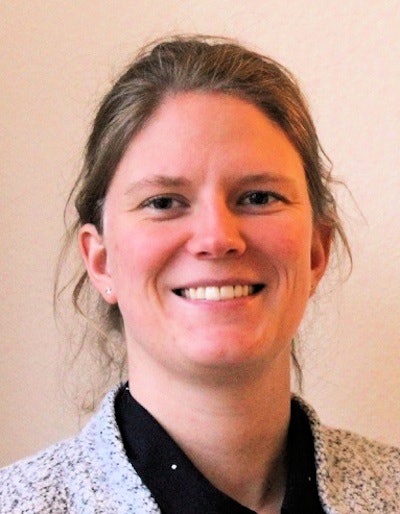 Dr. Mirjam Wielema.
Dr. Mirjam Wielema.- Get in touch with the researchers in your hospital or a hospital close by if you would like to do research. Everybody is waiting for the help of enthusiastic colleagues.
- Be present at relevant conferences and EUSOBI Young Club meetings to get to know colleagues from all over the world, who might have just the right advice/motivating words for you in your career/life journey.
- Believe in yourself and dare to ask questions.
Dr. Jonathan James, consultant radiologist, Nottingham University Hospital, U.K.
- Radiologists need to ensure breast surgery is used for treatment not for diagnosis, so radiologists should aim for a 100% preoperative diagnosis rate for all cancers cases.
- Increase the use of vacuum-assisted excision to manage B3 lesions (lesions of uncertain malignant potential).
- Radiologists need to improve communications skills with patients and other members of the multidisciplinary team as our role is to lead on all matters relating to breast diagnosis.
Dr. Matthias Dietzel, radiologist and breast imaging researcher, Friedrich Alexander University, Erlangen, Germany
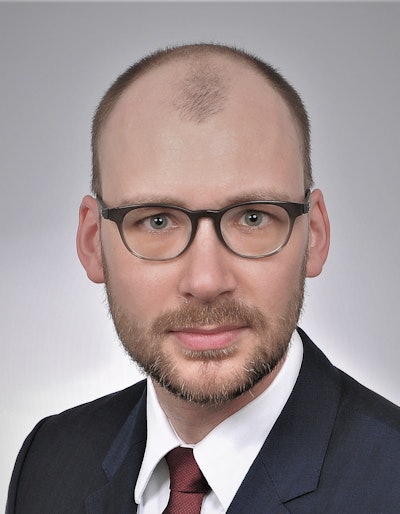 Dr. Matthias Dietzel.
Dr. Matthias Dietzel.- Always keep in mind: 50% of successful research is related to scientific aspects, and 50% is related to logistics, soft skills, management, etc.
- Successful research is like running a small business: Constantly double-check your management and communications strategy during the project.
- Adapt your scientific endeavor to what is currently doable on the operational level. And if something is not possible (yet), do not worry. There is always a next project waiting for you because research in breast imaging is a never-ending story and always great fun
Dr. Doris Leithner, research associate, Memorial Sloan Kettering Cancer Center
- Be in close contact with clinicians to benefit from their perspective and develop clinically relevant research projects.
- Start with smaller, retrospective projects and choose topics according to the resources of your institution to learn the basics of research.
- In research, persistence is key -- this is a marathon, not a sprint.
Dr. Oshi Abeyakoon, PhD, consultant radiologist, University College London Hospitals NHS Foundation Trust
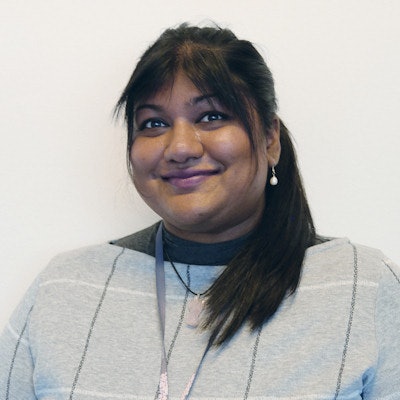 Dr. Oshi Abeyakoon, PhD.
Dr. Oshi Abeyakoon, PhD.- Always look for new opportunities wherever you may be in your career. Everything comes and goes -- both good and bad times in your career. Opportunities are there in both.
- In the uncertainties of a covid world -- don't give up because the ideal situation does not work out. Make the most of what you get and look out for small wins that add up at the end of the day. Be creative. Also develop a life outside medicine.
- Ask for help and advice along the way. In our breast imaging community, there are many people you can ask. Seek the opinions of others and then choose with your own intuition and intelligence.
Editor's note: For more information on the 2021 activities of the Young Club, check out the EUSOBI website.




